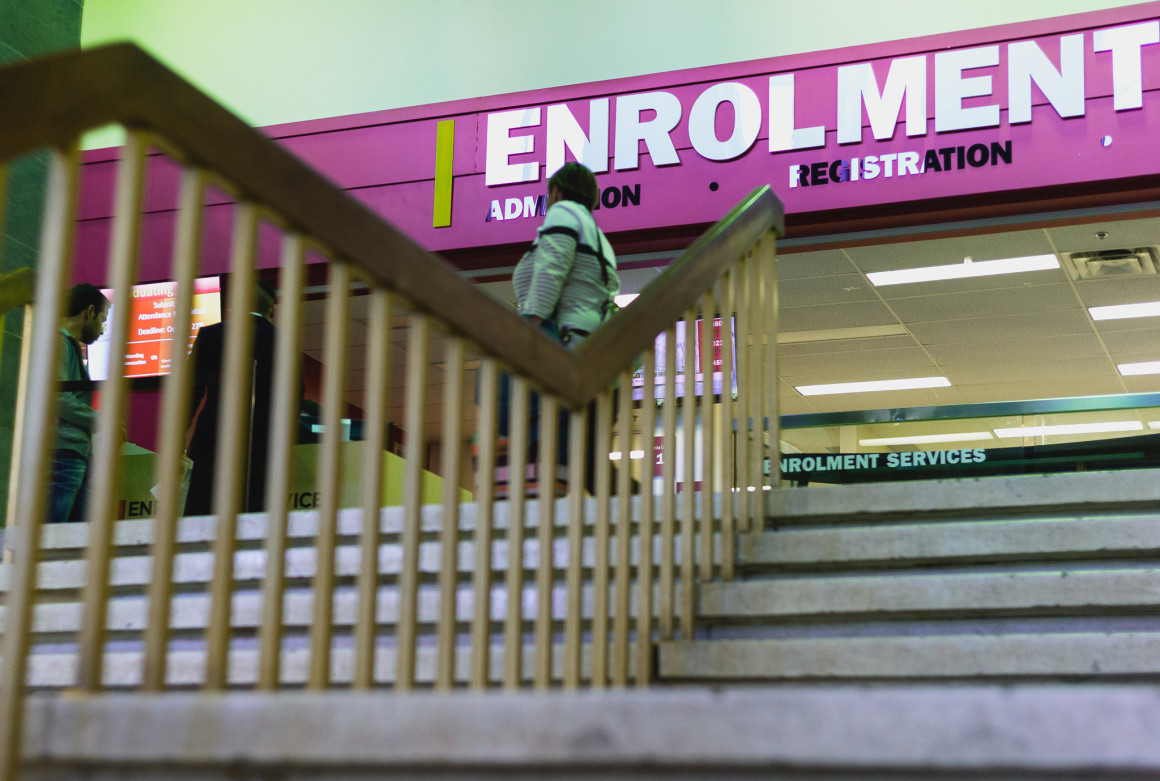
University plans to replace degree navigator
By Scott Strasser, October 20 2015 —
The University of Calgary registrar’s office wants to phase out Degree Navigator in the next year and replace it with a software program called Academic Advising.
Like Degree Navigator, Academic Advising is a software module that tracks students’ degree progress. It is already integrated with PeopleSoft, the U of C’s online management system.
According to registrar Angelique Saweczko, the university already licenses Academic Advising, although the software is not currently activated. She said the new module will integrate better with PeopleSoft, improving course planning and registration for students.
“The current software has proven to not offer all of the features that our students need,” Saweczko said.
Currently, Degree Navigator cannot determine if a student has met requirements for concurrent degrees or double majors. Students’ Union vice-president academic Stephan Guscott said the software isn’t useful for students in such programs.
“There’s a lot of complexity and freedom in doing [a double major] and Degree Navigator doesn’t address that adequately,” Guscott said.
Guscott hopes the registrar’s office will take student feedback into account when implementing the new software.
“One thing I would push for is to have students involved in the process somehow, to have feedback,” Guscott said. “The registrar’s office does have ways to do that. I want to make sure we have the opportunity to voice our opinion in the way it’s implemented.”
The U of C used Degree Navigator for nine years. While there are six versions of the software, the university currently uses the fourth.
“Any move away from the current software, I would see as a good direction,” Guscott said. “Academic Advising would alleviate a lot of the concerns we’ve had from students with course registration.”
The university is also exploring using time-tabling software to help students avoid conflicts when registering for courses. Saweczko said this will be going through a request for proposal (RFP) process.
“It would allow students to pick classes that would work together with their schedule,” Guscott said. “Because it’s an RFP, it would address the needs that they’re asking for and the software would be designed around that, so it allows for that flexibility.”
